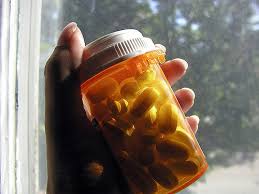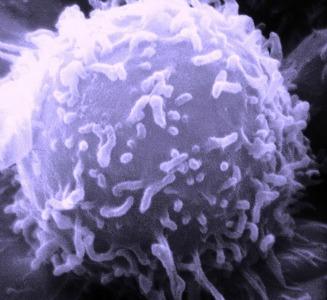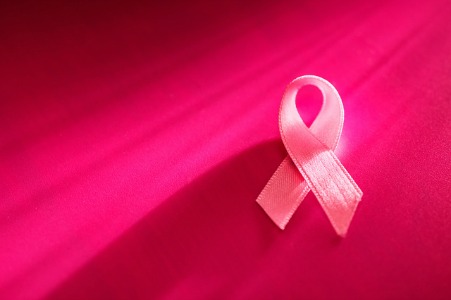Category - cancer
Posted by Kristal Roberts
An immunologic drug has gotten the Food and Drug Administration's stamp of approval to be used as a lung cancer treatment. This means the drug will be considered a viable option that will be offered before having to resort to chemotherapy.
The drug was approved after researchers from two separate studies found the treatment to be a breakthrough.
The drug, Keytruda, will be used to treat America’s number one cancer killer, non-small metastatic lung cancer (NSCLC).
Keytruda works by kicking the immune system into gear to fight cancer.
"This study may change current practice for the treatment of patients with advanced NSCLC,” said Johan Vansteenkiste, a Belgium medical professor, referring to one of the studies, which was published in the New England Journal of Medicine.
There were 305 patients who were treated with Keytruda. Their illness was profession-free by four months and 80 percent of the patients were alive at six months, compared to the 7...
Posted by Kristal Roberts
Cancer can be a devastating, fatal disease, but early detection improves a patient’s chances of successfully treating and beating the illness.
A new test developed in Amsterdam is not only able to detect cancer in the body at any stage, but determine what kind of cancer it is and what part of the body it came from, all by using a tiny drop of blood.
This would simplify the process of testing for cancer, which typically includes self examinations, traditional examinations, biopsies, urine tests and doctor-ordered blood tests.
In a recent study published in the Cancer Cell journal, Dutch researchers at the Cancer Center Amsterdam of VU had 1,000 participants with varying forms of cancer participate in the research. The researchers created a method of testing using small blood samples that identify cancer in the body with 96 percent accuracy.
The blood test can also provide information regarding where the cancer has spread to in the body, and in cases of advanced can...
Posted by Kristal Roberts
Just in time for Breast Cancer Awareness Month, a recent study from the New England Journal of Medicine suggests that a number of breast cancer patients don’t need to suffer through daunting chemotherapy in order to effectively treat their cancer.
The test identified women in the early stages of breast cancer who tested as “low risk” for cancer returning and 99 percent of the low risk cases who skipped chemotherapy were able to successfully treat their cancer through surgery and hormone therapy drugs alone.
Oncotype DX is the test that doctors have been using since 2004 to test tumor genes and predict how aggressively cancer may return. It also is used to detect how a patient's cancer will respond to hormone therapy and the likelihood that it will return at all post cancer treatment.
However, doctors didn’t have hard data nor evidence that this tool could effectively predict the success rate of treatment without chemotherapy for certain patien...
Posted by Kristal Roberts
Most patients are less than thrilled about colonoscopies, and it’s completely understandable.
The process often entails taking a sedative to help them relax while they lie on their sides as a doctor or nurse pushes a colonoscope up their rectum to check things out. It’s not too pleasant, to say the least, however it’s viewed as a necessary evil to help health professionals catch colorectal cancer.
But what if checking the colon for cancer was as easy as taking a spoon full of yogurt?
It may seem too simple to be true, but this cheap, non-invasive method created by MIT Professor Sangetta Bhaita may one day replace expensive, uncomfortable MRIs and colonoscopies.
So how can a yogurt detect cancer?
A synthetic molecule developed by Professor Bhaita is mixed into yogurt. Once the yogurt passes through the patient’s system, the patient would urinate on a urine strip, much like taking a pregnancy test.
The synthetic molecules in the yogurt are design...
Posted by Norlyn Golez
In 2014 alone, there is an estimated 76,100 new melanoma cases, the most lethal form of skin cancer. People who are exposed to UV light emitted by the tanning beds and the sun, it is often recommended to wear sunscreen to protect the skin. However, sunscreen is no longer able to prevent melanoma, according to the journal Nature.
With the increasing cases of melanoma in the US, public health campaigns were launched promoting the use of sunscreen or anything that covers the skin from the sun.
However, it was found out that UV light destroys damage-preventing genes, despite being covered with sunscreen.
A study was conducted on two-month old mice with a higher risk of experiencing melanoma due to their abnormal BRAF gene. They are exposed to the UV light without any protection on their skin. The team found out that the UV light exposure caused abnormalities in p53, which is a gene that is supposed to protect DNA from UV radiation.
After sunscreen was applied on the mice, the t...





